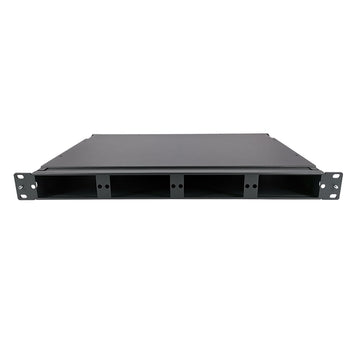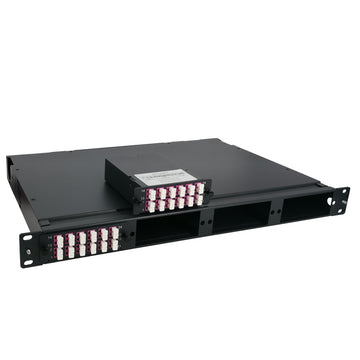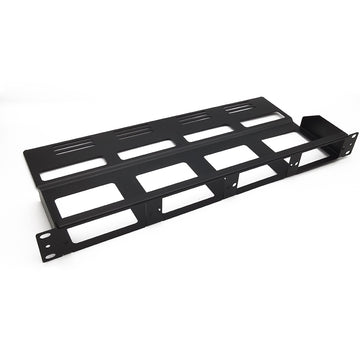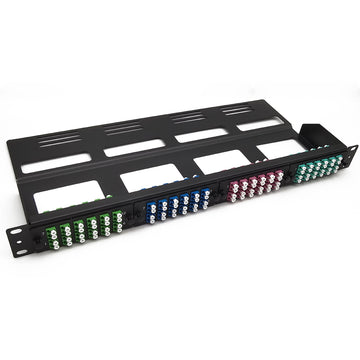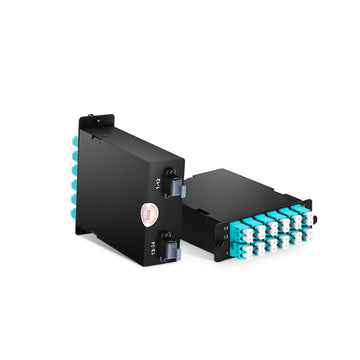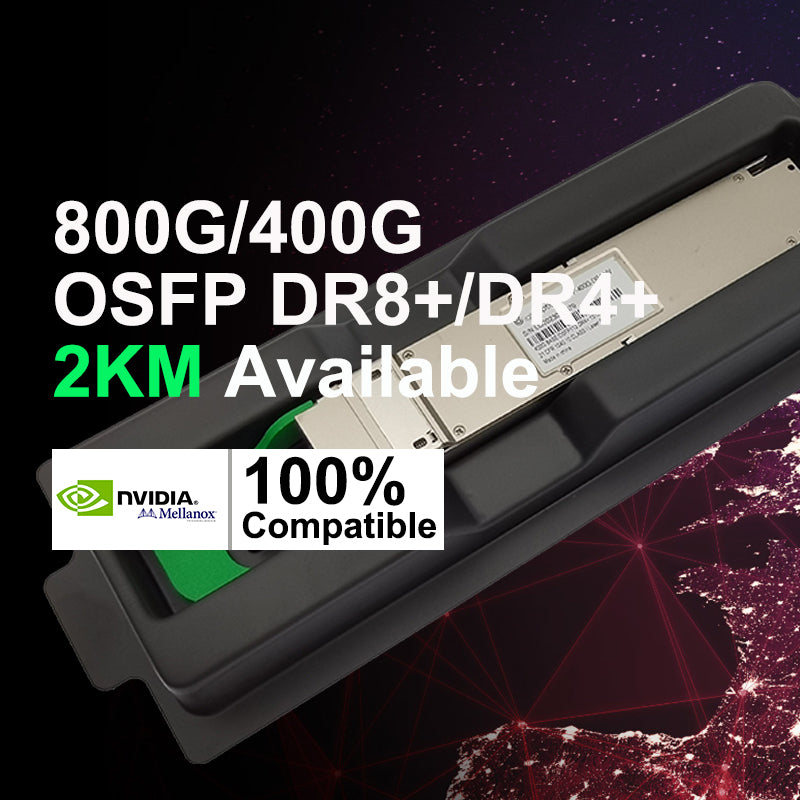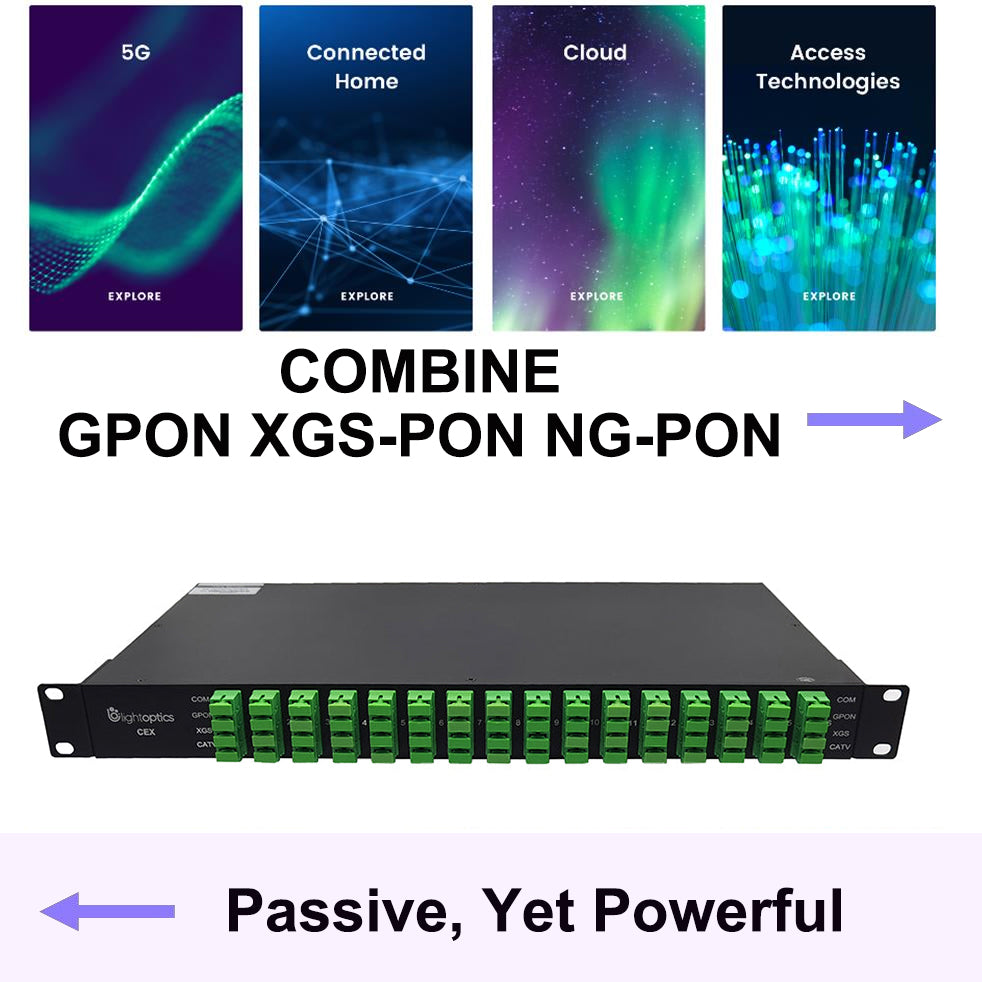Copper Cable vs Fiber Optic Cable Price, Is the Copper Really Cheaper?
Budget is always the most direct choice factor when installing cables. Copper cable vs fiber optic cable price, it’s true that the popular impression is that copper is cheap, fiber is expensive. Well, at a certain period in the past decades, it’s true. However, today with the development of networking, is copper cabling really cheaper than fiber optic cabling?

Copper vs Fiber: What’s the Difference?
Copper and fiber optic cable are different cable types. Copper cable, also called RJ45 Ethernet cable, transmits data by electrical impulses, which is perfectly adequate for voice signals. Copper cables have many types such as Cat5, Cat6, Cat7 and Cat8, which can reach different transmission speeds. Cat5 Ethernet cable is once as slow as 10 Mbps over 100 meters. However, on today’s market, copper is getting faster. That the latest technology Cat8 Ethernet cable speed now can reach 40Gbps for 20 meters, but note that it has the notable limitation with regard to distance.
Factors of Copper Cable vs Fiber Optic Cable Price
People always believe the cost of fiber optic cables are expensive. Is it true? The following will discuss it in two main factors.
Installation Cost
Due to the technological differences between fiber and copper cables, their installation cost are different. Fiber's immunity to electromagnetic interference (EMI) can save users’ cost, because they don’t need to lay fiber optic cables in the pipeline for avoiding electromagnetic interference. But copper cables need some protection, which increases the installation cost. Most people overlook the cost of the wiring closet in copper networks – and they shouldn’t. Let’s not forget, a standard wiring closet includes the costs of conditioned UPS (Uninterruptible Power Source) power, data ground, HAVC (Hybrid Automatic Voltage Control) and floor space. All these installation costs will exceed the extra cost of fiber equipment in a centralized fiber architecture. Therefore, if people decide to build a new data center, choosing fiber-based LAN is a much more economical solution than a copper networking environment.
Support Cost
Fiber optic cable is much less susceptible to various environmental factors than copper cable. For example, fiber optic cables are not fire hazard since light can not catch on fire. This means fiber cabling can save the cost of fire prevention. And fiber cables don’t break as easily, that customers will not worry about replacing them frequently. Since optical fiber does not transmit electricity, it does not radiate signals and cannot be tapped – copper does use electricity and is susceptible to be tapped, which can cause the entire system to fail. A broken or damaged optical fiber can be detected extremely quickly by using a number of monitoring techniques including monitoring the actual power transmission or the transmission of a pilot signal. Copper cable carrying a current can short-out completely or even cause a fire if it is damaged, old or worn without such efficient monitoring techniques. Thus, the support cost of fiber is less than the copper cable.
On the other hand, the increasing demand for fiber cables results in dropping prices. A few years ago, the overall price of fiber cable was nearly twice that of copper, but now the price between fiber and copper has narrowed and fiber components and hardware have steadily decreased. However, after you factor in hidden costs, maintenance, interference, risk of tampering and replacement cost, fiber optic cable is a better financial option in the long run.

Conclusion
In conclusion, copper cable vs fiber optic cable price, the copper one is not always the cheapest choice. The advent of optical cable with its ever-reducing cost, increased bandwidth, extremely high speed and long transmission distance, excellent reliability and perfect security, has replaced copper in every aspect of network transmission and reception.When building a new network, people should not ignore the installation and support costs of these different cabling solutions. It’s wise to choose one according to the actual installation environments. If you have any further questions about fiber or copper cabling, you can always get in touch with www.lightoptics.co.uk staff via sales@lightoptics.co.uk.
